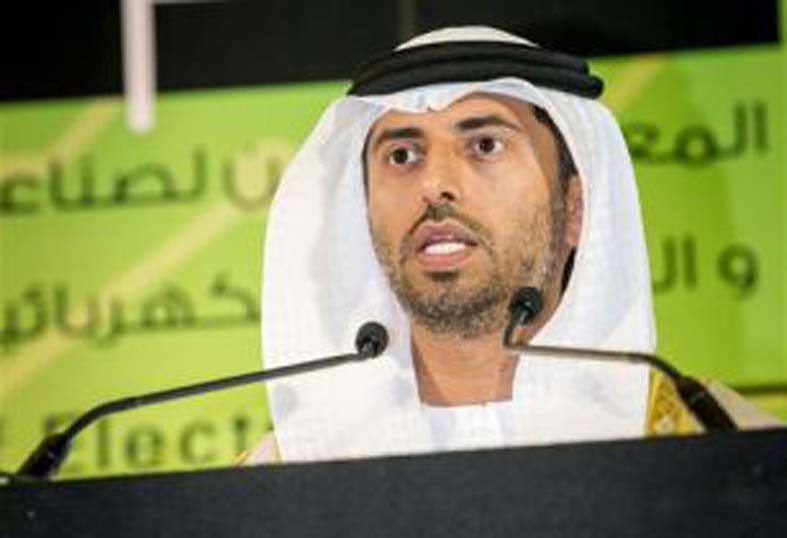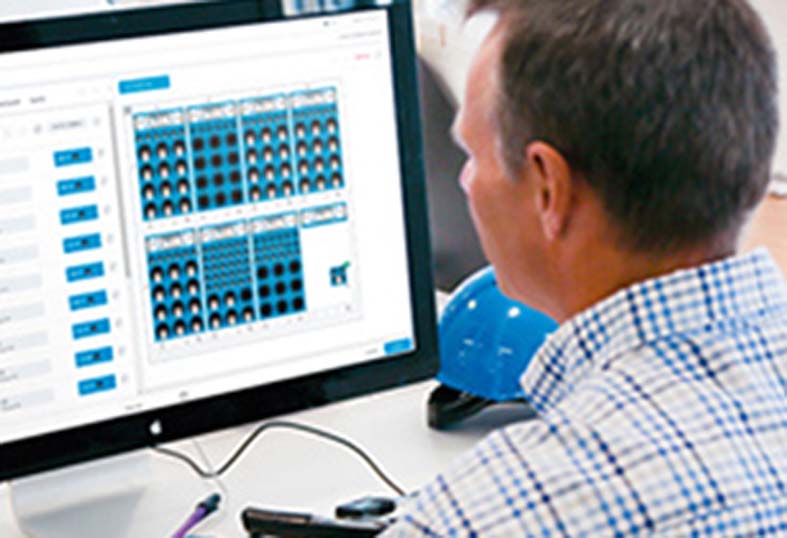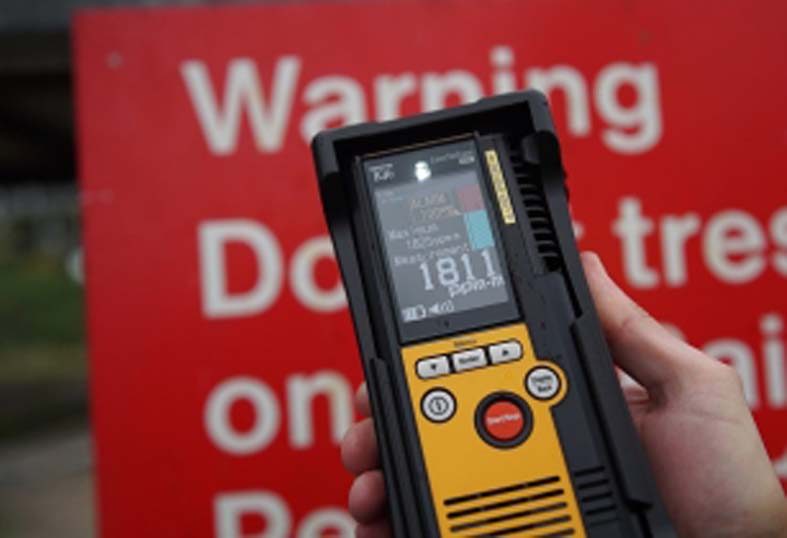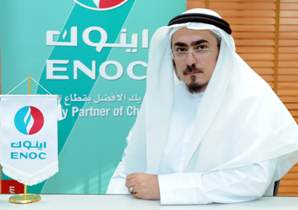The Energy Institutes upcoming event in Abu Dhabi in United Arab Emirates will focus on health and safety issues in the energy industry
Industrial
Risk reduction with the Roxtec Transit Designer 4.0
Should vital safety components such as cable and pipe transits be a design-based or a field-based decision? Roxtec suggests that designers and engineers take control of this issue by proposing the free, web-based tool Roxtec Transit Designer
Crowcon’s Laser Methane mini gas detector offers improved visibility
Crowcon, a specialist manufacturer of gas detection equipment, has announced that the next generation of its Laser Methane mini (LMm) gas detector combines full ATEX approval with a new green laser guide-light for improved visibility across a range of conditions, including in strong sunlight
TASNEEF launches a new company dedicated to quality certification for business assurance
TASNEEF’s continuous efforts to support the business sector, with quality control certification and best practice models, are developed with an aim to support the national economy and give businesses a strong advantage in the face of international competition
Driving the EHS agenda forward
In an exclusive interview with Health, Safety & Security Review Middle East, Dr. Waddah S. Ghanem, executive director – EHSSQ & Corporate Affairs at Dubai-based ENOC Group, highlights the need for EHS practitioners to be effective business executives with the management skills to drive the EHS agenda forward
“EHS practitioners need to have a thorough understanding and grounding in all aspects of the business and how it operates, at a strategic as well as a cross-functional and operational level, and to be an effective business executive, “ says Dr Ghanem. “In this way, EHS strategy can be aligned with the overall direction of the business.
“An EHS practitioner is someone who adds value by protecting the business – but how can you protect the business if you don’t understand how it works?” he continues. “If we don’t understand an ROI calculation or what drives the decision-making process, for example, we cannot be effective EHS practitioners.
He further points out that the forthcoming ISO 45001 safety systems management standard will increase the emphasis on OSH strategy and leadership.
There is also a need for EHS practitioners to develop all-round technical skills. “Generally people become HSE practitioners as a second career, and their technical skills depend on their background,” says Dr Ghanem, who is himself an environmental engineer by training.
“Practitioners may have gaps in their technical knowledge of certain areas. After all, HSE encompasses many different aspects, such as fire prevention and safety, industrial hygiene, occupational health, process safety management, environment, sustainability.
“On the behavioural side, someone coming from an engineering background may have a very high IQ but a less developed EQ. They may be able to make a good technical case, but they also need to have the empathy and skills to sell safety to the CEO as a value proposition, for example.”
So how can EHS practitioners develop the requisite skills? “Read up, go on training courses, go to conferences, workshops, different groups, join communities such as the Emirates Safety Group and Emirates Environment Group, learn about yourself, focus on reflective learning and personal development; there are so many things practitioners can and need to do,” advises Dr Ghanem. “There is a big responsibility on practitioners to prove their net worth.”
Speaking on the measures that ENOC Group has introduced to promote best practice, Dr Ghanem says, “We have embedded many tools, and developed our own standards, guidelines and approved codes of practice, based on best practice, working with peer organisations. In terms of our contribution to the best practice community we have run specialist conferences and best practice workshops focusing on particular areas, for example heat stress, emergency response and planning, permit to work systems.
“We share learning and experiences on systems with different companies from allied industries through presentations. We brought in a consultant to help us develop our own EHS leadership programme, and run best practice workshops for leadership. The ENOC leadership guidebook has been developed, through several months of consultation with the leadership team.
“We have created separate departments for sustainability, security and risk management, and business excellence and quality, and have created a technical committee on operational business excellence, exploring different business excellence models,” he continues. The next step which the Group is working towards is the creation of an integrated business and operational excellence model for the whole group, which will encompass EHS as well as sustainability, security and risk management.
Dr Waddah S. Ghanem will be speaking at the 2nd Annual Health, Safety & Security Forum on 23 October in Dubai. You can see the full interview on p15 in the latest issue of Health, Safety & Security Review Middle East, http://www.hssreview.com/current-issue










